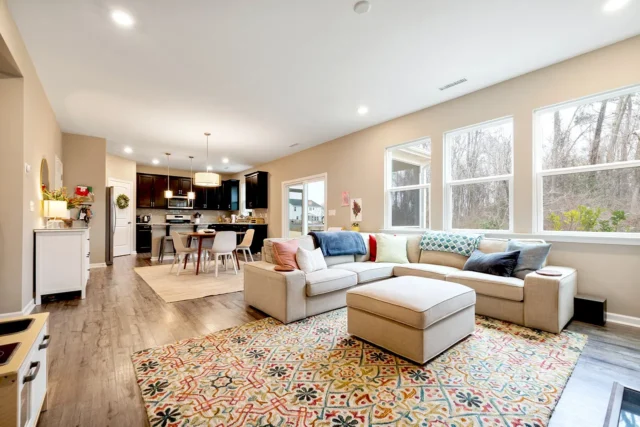
Navigating Mortgages in the UAE: A Comprehensive Guide
Purchasing property in the UAE is an exciting prospect, especially for those envisioning long-term residency. For many buyers, securing a mortgage is an essential part of the process. Understanding the ins and outs of mortgages in the UAE will help you make informed financial decisions and navigate the process with confidence.
What is a Mortgage?
A mortgage is a type of loan specifically designed to help individuals or businesses finance the purchase of real estate. In essence, the lender provides funds to purchase the property, and the borrower repays the loan over time, along with interest. The property itself acts as collateral for the loan, meaning that if the borrower defaults, the lender has the right to take possession of the property.
Mortgages in the UAE: Key Considerations for Expats and Locals
The UAE mortgage market offers options for both residents and non-residents (expats). Here are some crucial factors to consider:
Eligibility: Banks have specific criteria for mortgage eligibility, including factors like income, employment status, credit history, and residency status (especially important for expats). Checking your eligibility with different lenders helps you understand your borrowing potential and target properties within your financial reach.
Down Payment: The UAE Central Bank sets minimum down payment requirements, which vary based on the property’s value and whether you’re a resident or non-resident. It’s helpful to save a larger down payment, as this gives you access to more favorable interest rates and reduces your overall mortgage cost.
Interest Rates: Mortgage interest rates can be fixed (unchanging for a set period) or variable (linked to market fluctuations). Consider your risk tolerance and long-term financial plans when choosing between fixed and variable rates.
Loan-to-Value (LTV) Ratio: This represents the percentage of the property’s value that the bank is willing to finance. The remaining amount is covered by your down payment. The higher your LTV ratio, the lower your down payment requirement.
Mortgage Fees: Be aware of arrangement fees, processing fees, valuation fees, and potential early repayment penalties. Factor these costs into your overall budget.
Types of Mortgages in the UAE
Conventional Mortgages: The most common type, offering fixed or variable interest rates and repayment terms extending up to 25 years.
Islamic Mortgages: These comply with Sharia principles, structured differently than conventional mortgages. Speak to lenders specializing in Islamic finance to learn about these options.
The Mortgage Application Process in the UAE
Pre-Approval: Obtain pre-approval from a lender to gauge your eligibility and potential loan amount. This helps narrow your property search to those within your budget.
Property Selection: Find a property suitable for your needs and aligned with your mortgage budget.
Valuation: The property will undergo a valuation to determine its fair market value, ensuring the mortgage amount is appropriate.
Formal Application and Documentation: Submit a formal application along with supporting documentation like income proof, bank statements, and passport copies.
Approval and Disbursement: Upon approval, the lender will release the mortgage funds, enabling you to complete the property purchase.
Tips for a Smooth Mortgage Experience
Improve Your Credit Score: A strong credit history enhances your chances of approval and securing favorable interest rates.
Shop Around: Compare mortgage offers from different banks to find the best terms and rates available to you.
Work with Professionals: Engage a mortgage broker for expert guidance and a real estate agent to assist with the property search.
Budget Carefully: Factor in all costs associated with buying property, including legal fees, taxes, and potential maintenance expenses, not just the downpayment and monthly mortgage payments.
The decision to pursue a mortgage in the UAE is significant. By understanding the fundamentals, the different options, and the application process, you’ll be well-positioned to make a confident and financially sound choice as you embark on your property ownership journey.






Leave a Reply